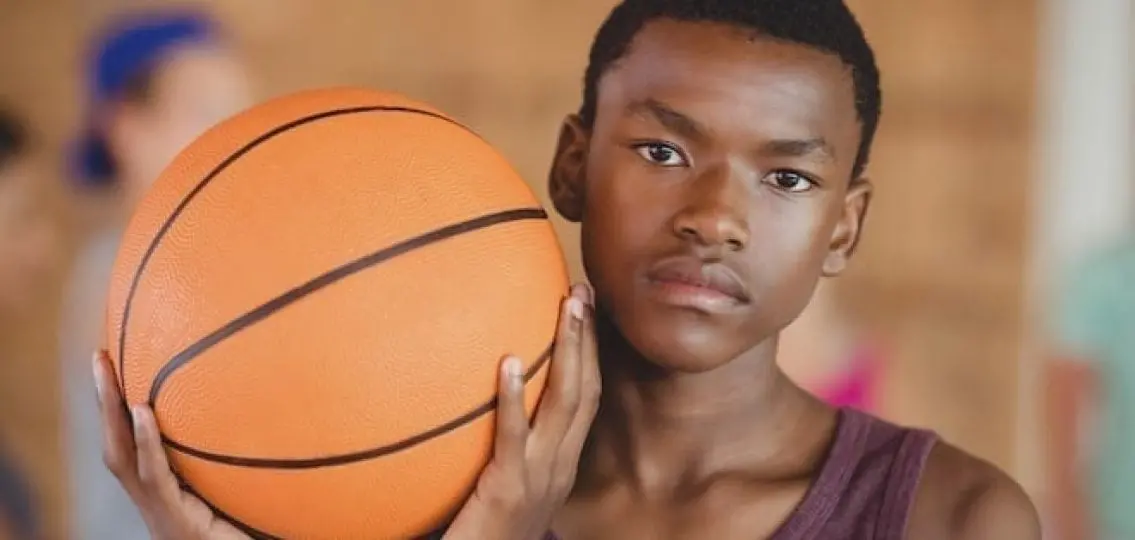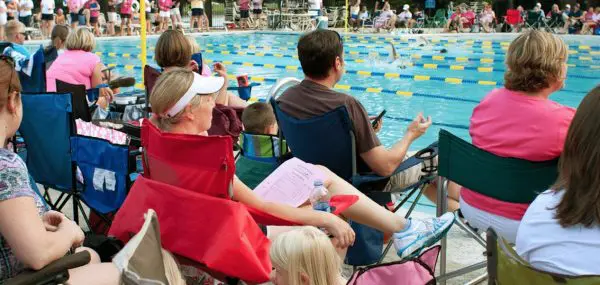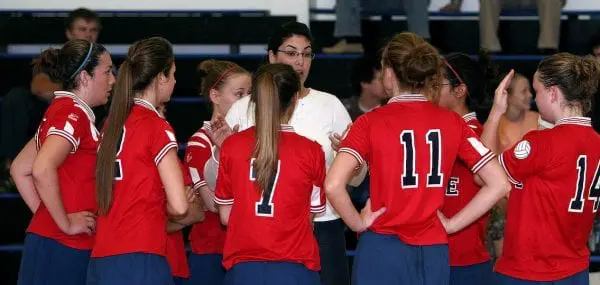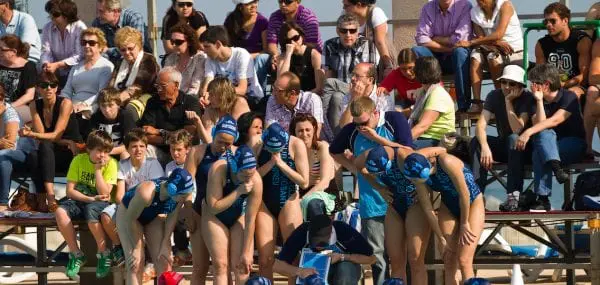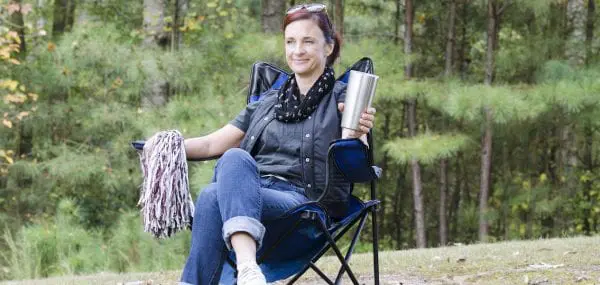Jim wasn’t excited to be at tutoring on Monday. To be fair, Jim is never really excited to come to session, but Monday was particularly rough. The night before he had been betrayed, and he was feeling heartbroken. He wasn’t sure he wanted to talk about it, but his grief couldn’t stay bottled up for long. “Tell me about it,” I encouraged.
After a long pause he sighed and said, “It’s just … if Brady had caught that pass, the Patriots would have won.”
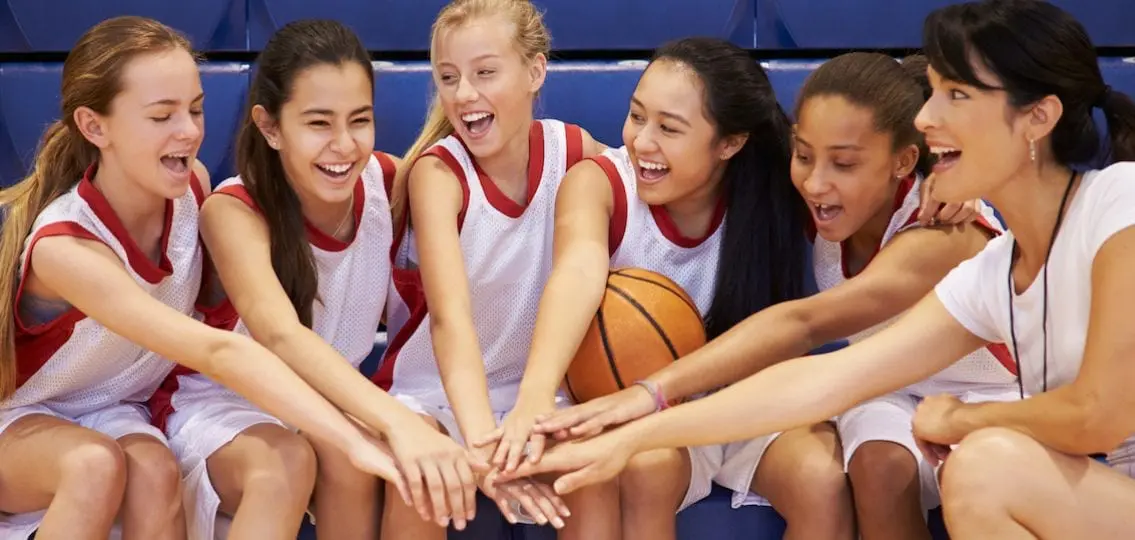
No Interest in Academics
Like so many of the young men and women I work with as a tutor, Jim loves sports. School on the other hand—he’s not so crazy about. Jim is an accomplished athlete. He’s captain of his school’s basketball team and works summers as a tennis pro. On the playing field, Jim stands out, but in the classroom, he shrinks. He says he just has no interest in school.
In our sessions, we do battle with his motivation and his well-worn self-beliefs: I’m a good athlete, I’m a bad student. This (mis)perception of ability can be exceptionally difficult to overturn.
Using Sports as a Way In
On Monday, Jim and I did our usual trudge through his homework. He was getting it, but he wasn’t feeling it. Then something clicked for me. “Let’s watch the Super Bowl highlight reel,” I said, to his shock. As we watched, I asked him some basic questions (because I know very little about football). It soon became clear that Jim knew all the ins and outs of this complex game. I began asking questions that required him to use his critical thinking and analytic skills. Why did they make that play? What alternatives could they have used in this situation?
Jim came to life. The quiet kid who’s been running out the clock with me these past few months was suddenly animated and astute. His observational and explanatory skills came into focus as he talked me through the particulars of this game.
While he obviously uses analytic and interpretive “muscles” when he plays basketball and tennis, these skills had not yet made their way to the classroom.
Part of this is due, no doubt, to the way we deliver education. As Michael Wysession points out in his article Schools Should Teach Science Like Sports, if we wanted to teach kids how to play baseball we wouldn’t, “sit them down and start having them memorize the rules of the game, the dimensions of the field, the names and statistics of past players, and a host of other facts.”

While we may not be able to change the current mode of education, we can make use of a student’s passion for sports to help them develop critical thinking skills. So, if you’re one of the many parents who can’t get your teen to talk about school, try talking about sports instead. Take your kid to a game (while they still agree to be seen with you in public). You just might see your teen flexing their analytic muscles, offering their opinions, and growing their intellectual curiosity—with you as their coach.
